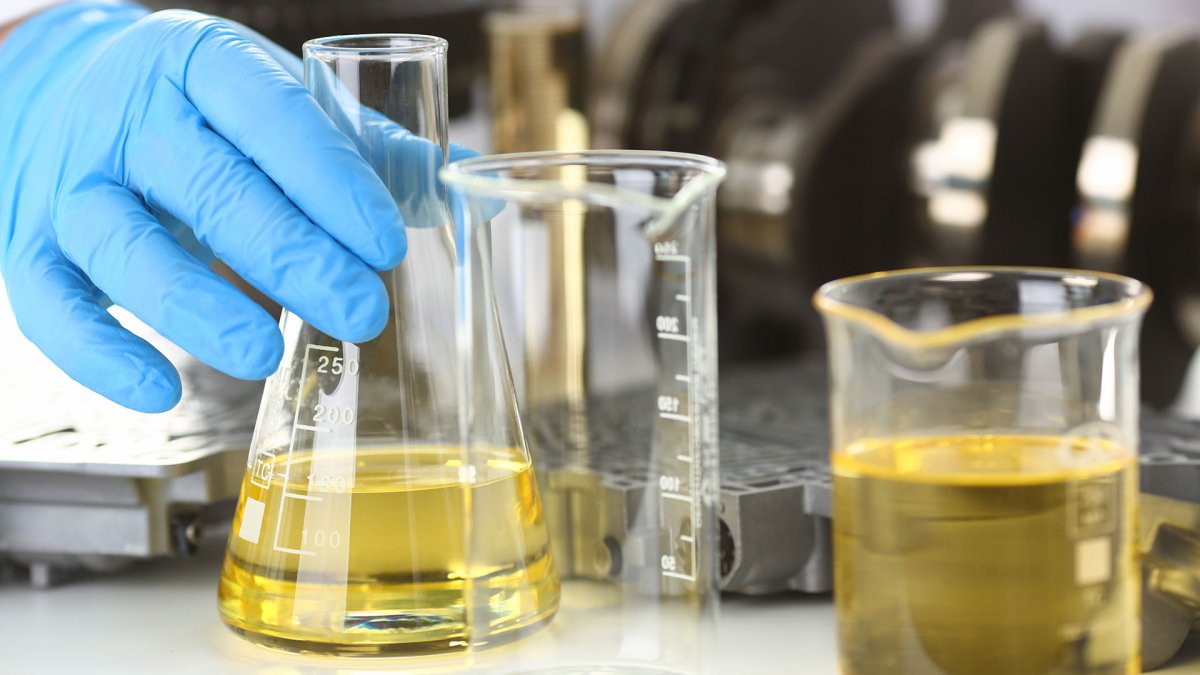Meeting future energy needs with new marine fuel formulations
Thursday, 14/10/2021, 15:01 GMT+7

The impact of the International Maritime Organization’s (IMO) 2020 sulphur cap has resulted in some much-publicised changes to marine fuel formulations. However, this is not the end of the voyage – the IMO has also outlined ambitious goals for the reduction of greenhouse gases (GHG) resulting from maritime operations.
Its research estimates that emissions from international shipping could increase by between 50% and 250% by 2050, compared with 2012 levels, if proactive steps are not taken. As a result, the IMO has produced a roadmap that aims to drive short-, medium- and long-term measures that will bring them down by at least 50% by 2050, compared with 2008 levels, while pursuing efforts towards phasing them out entirely in this century.
To this end, the IMO is reviewing the next phase of the energy efficiency design index (EEDI) for new ships, which will further reduce the carbon intensity of new vessels. However, while it is the whole ship ecosystem that will need to be considered (engine, ship design, operations) one of the key factors will be fuel choice.
Bio-based marine fuel
ExxonMobil has completed a sea trial of its first bio-based marine fuel, which can provide up to approximately 40% CO₂ emissions reduction compared with conventional marine fuels. Also, as it is a drop-in formulation there is no need to expensive and time-consuming engine modifications.
But meeting the target will still be a challenge; in all likelihood there will be no one answer. The good news is that the lessons learnt during the build-up to the global 0.50% sulphur cap will help the marine industry adapt to the new realities. The journey beyond 2020 has already started.
Click here to read more.
Your Comments
Other news
Another big success in lowering carbon
The marine industry is facing growing demands to develop more sustainable ways of operating. As a result, many established practices are being called into question, including the bulk delivery of ...
Mobilgard™ 540 AC is a new premium 40BN marine cylinder oil developed by ExxonMobil
ExxonMobil hosted an online discussion in association with The Motorship in early October that brought together senior figures from across the marine industry to discuss the challenge of ...
The International Maritime Organization (IMO) adopted its initial levels of ambition for a quantitative fall in marine industry greenhouse gas emissions (GHG)
The maritime sector is experiencing radical change from two directions; the drive towards decarbonisation and the growth of digitisation. Both are set to radically change the management and operation ...
The maritime industry is undergoing seismic shifts of mounting complexity – a process set in motion by the International Maritime Organization’s (IMO) 2020 sulphur cap on marine fuels.
Engines designed within the next 5-10 years will still be in use by 2050 and beyond.







__facility_management_2.jpg)
__2272977.jpg)
__marine-navigational-officer-chief-mate-navigation-watch-ship-vessel_461973-2206.jpg)
__istockphoto-1323550608-612x612.jpg)
__Untitled.jpg)
__iStock-1148527893_V2.jpg)
__Future_of_marine_lubricant.jpg)
__Nha_ChY_TYo_WinGD.png)
